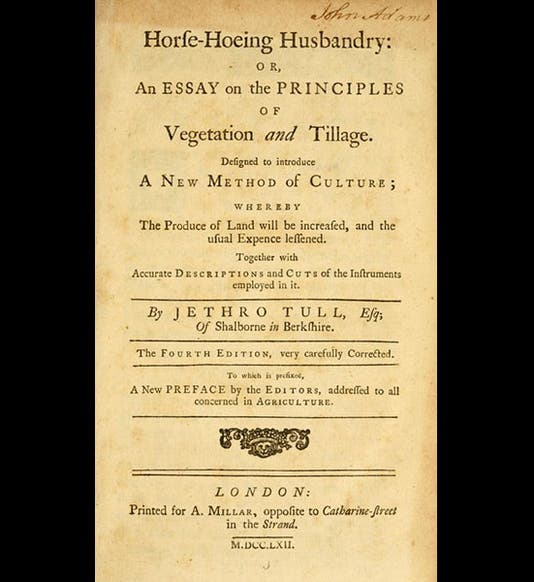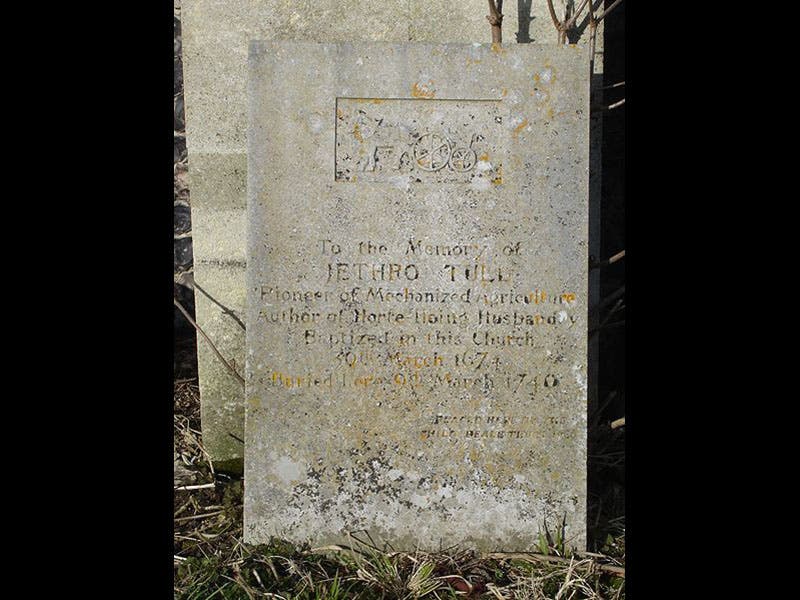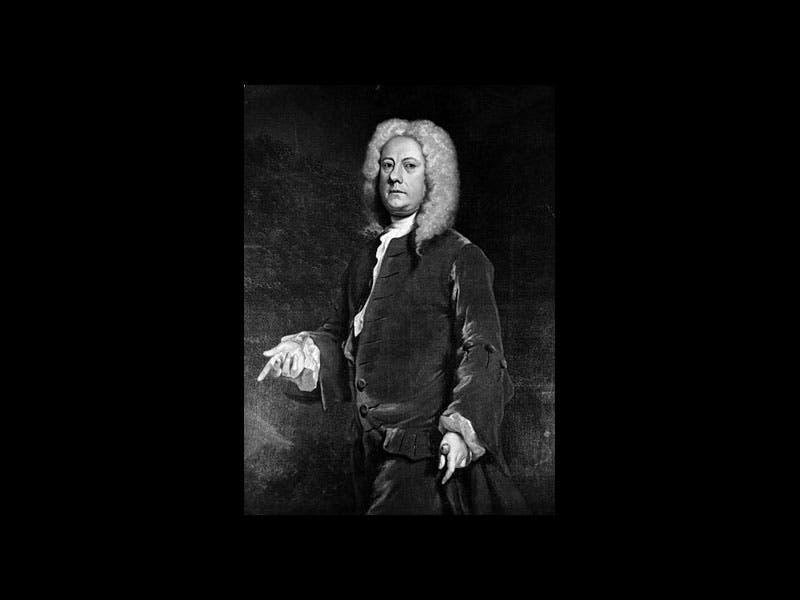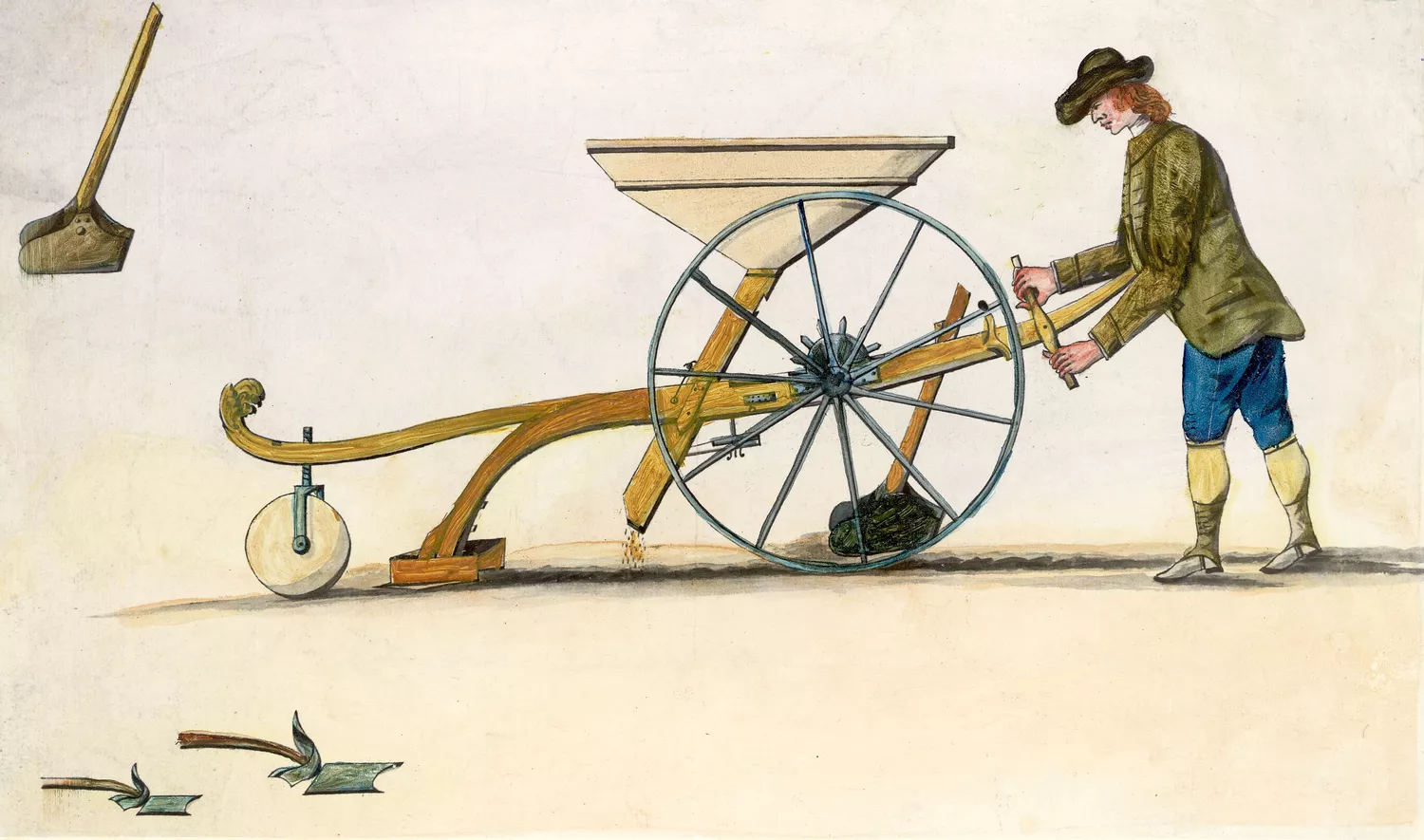Surprisingly positive Tull concert review from the latest issue of Prog Magazine:




Interesting article. I was very familiar with The Scarecrow song but never saw the music video before. Thanks!“Weird genius”: Ian Anderson’s favourite Pink Floyd song
https://faroutmagazine.co.uk/wian-andersons-favourite-pink-floyd-song/
Thanks for that posting, I really enjoyed reading it.Surprisingly positive Tull concert review from the latest issue of Prog Magazine:
A farmer I believe. And he invented the seed drill.
https://en.wikipedia.org/wiki/Jethro_Tull_(agriculturist)#:~:text=Tull made early advances in,so that it could grow.





I disagree with Ian. The Who and the Stones are certainly iconic bands with their share of brilliant music. Their bodies of work have their share of uninspired sounding tunes in which they appear to be phoning it in or otherwise producing filler tracks, and I can’t think of anything memorable (IMHO) that either band has produced in years. Fair enough, but “generic” they definitely are not. The Stones are still a great live band from what I hear, while The Who, in my estimation, should have hung it up when Moonie died. Led Zeppelin made the right decision.Too Ordinary: the two classic rock bands Ian Anderson called “generic”
https://faroutmagazine.co.uk/classic-rock-bands-ian-anderson-called-generic/
Enter your email address to join: